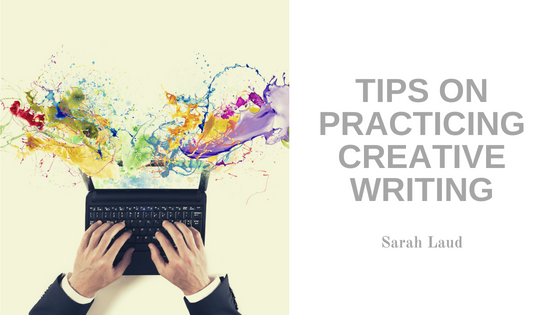There is a wide range of creative writing that can be done outside of the world of hard journalism and business writing. Whether you are a seasoned journalist looking to expand your scope of knowledge or a new writer who is just starting out, honing your skills in this area is very important to your success. Below are helpful tips on how to practice your creative writing skills.
Write As Much As Possible
There are always going to be random ideas in your head, and even bad ones can inspire good ones. Try to keep a notepad or a note app in order to record or keep track of any ideas that you have.
Don’t Be Afraid To Rewrite
In the first draft, writers often get it wrong. There are many options when it comes to your content, but you should be open to taking on new ideas and improving the existing ones. Rewriting can help you create a better version of your work.
Think About Your Audience
Before you start working on a story, it’s important that you know who your audience is. This will allow you to narrow down the scope of your writing and create a more effective and appealing story. Having a clear understanding of who your audience is can help you create an effective and engaging piece.
Read Other Creative Writing Pieces
One of the most important factors that new writers should consider when it comes to developing their creative writing skills is having a sufficient amount of references. Numerous notable individuals throughout history have written well-written pieces that should be required viewing for anyone aspiring to be a creative writer.
Try A Writing Workshop
A writing group or class can help you develop a more effective and engaging story by giving you constructive criticism and feedback on various elements of your writing, such as the plot, characters, and setting. Whether you’re starting out or an experienced writer who is struggling with writer’s block, a group can provide you with helpful advice and inspiration.
Try A Literary Device
A literary device is an integral part of good writing, as it can help you create imaginative and dramatic scenes. Situated similes, metaphors, assonance, and various other figures of speech can boost one’s creativity and imagination, and they can also enhance one’s words’ rhythm and sound.

